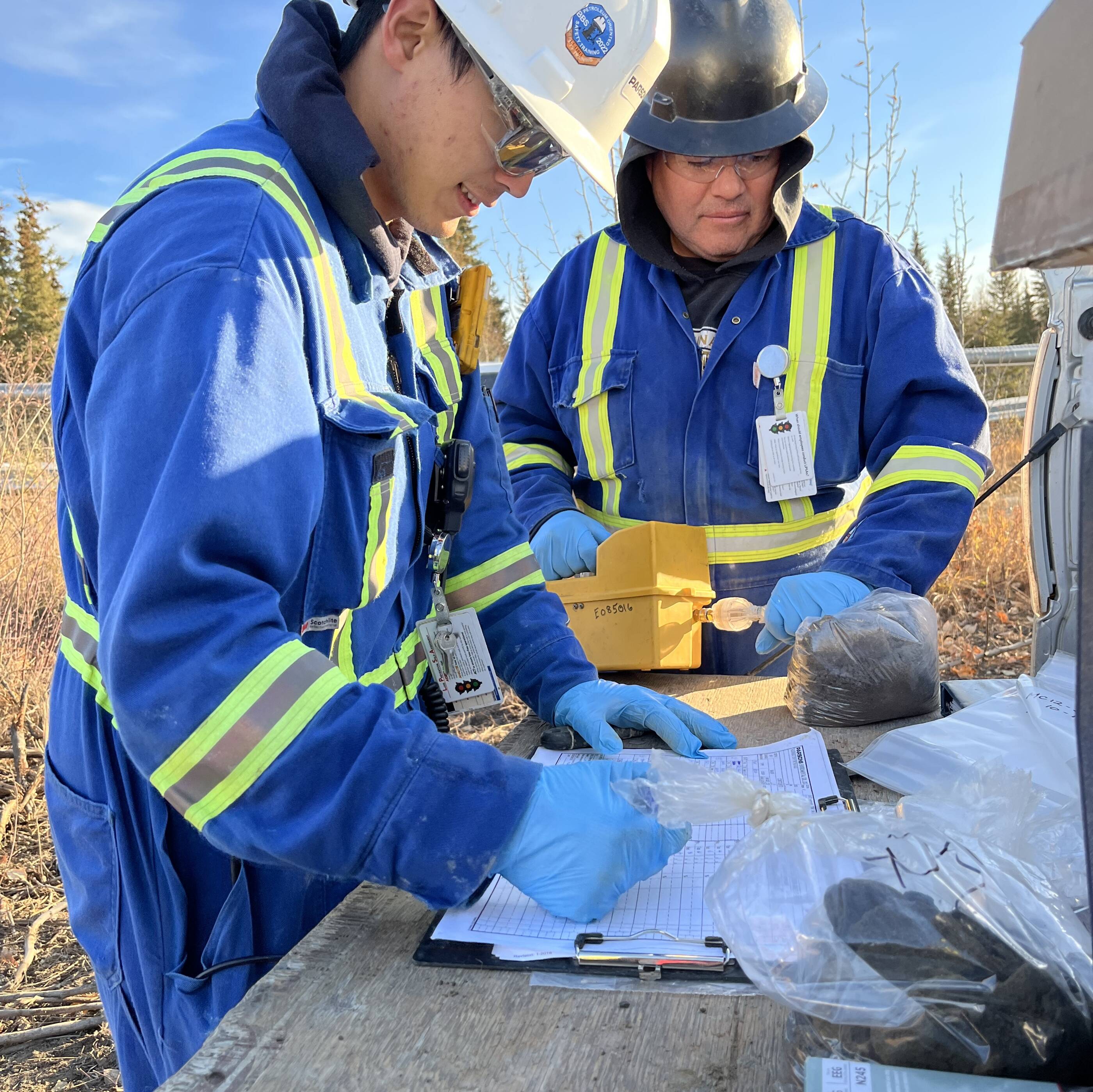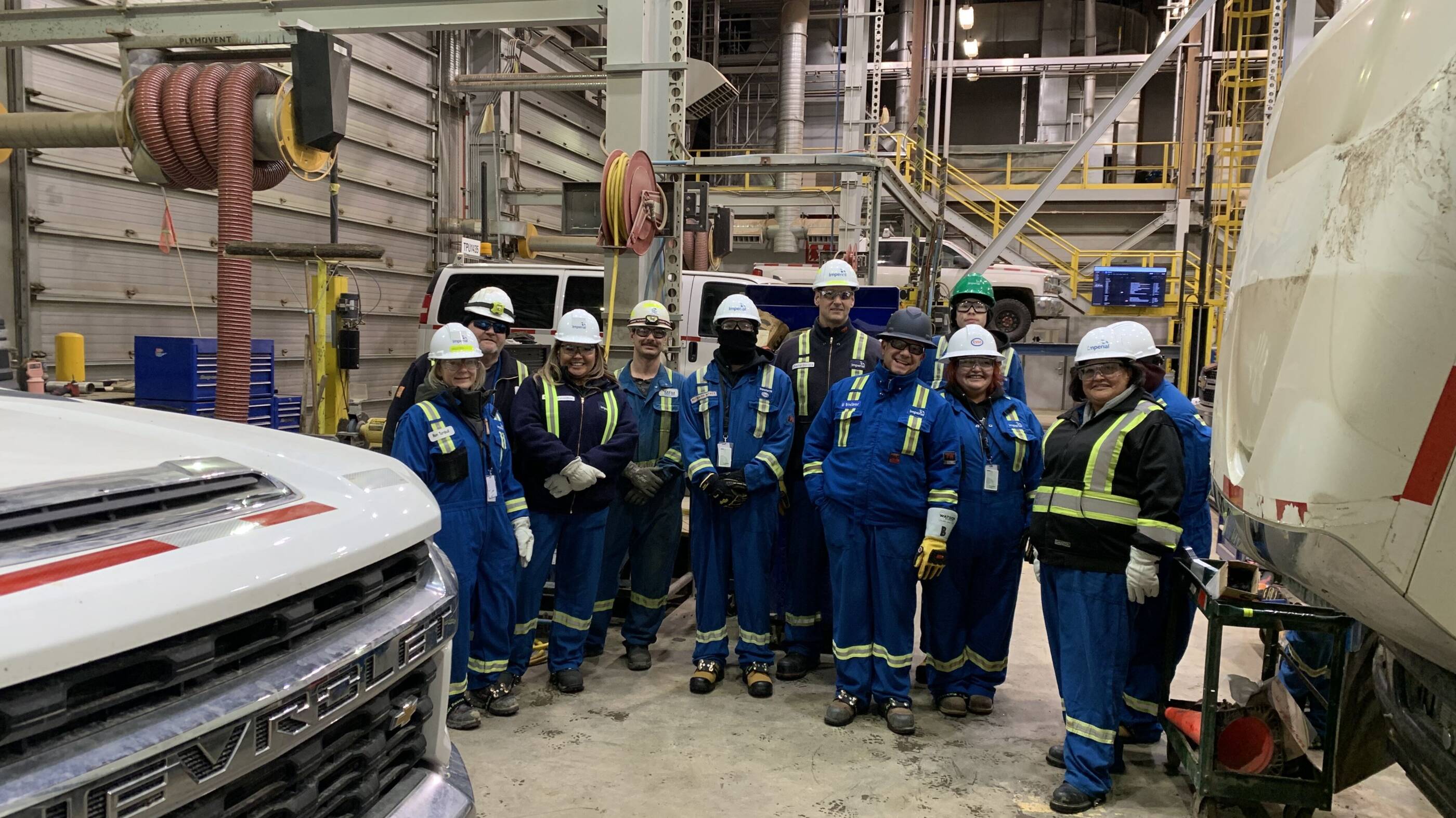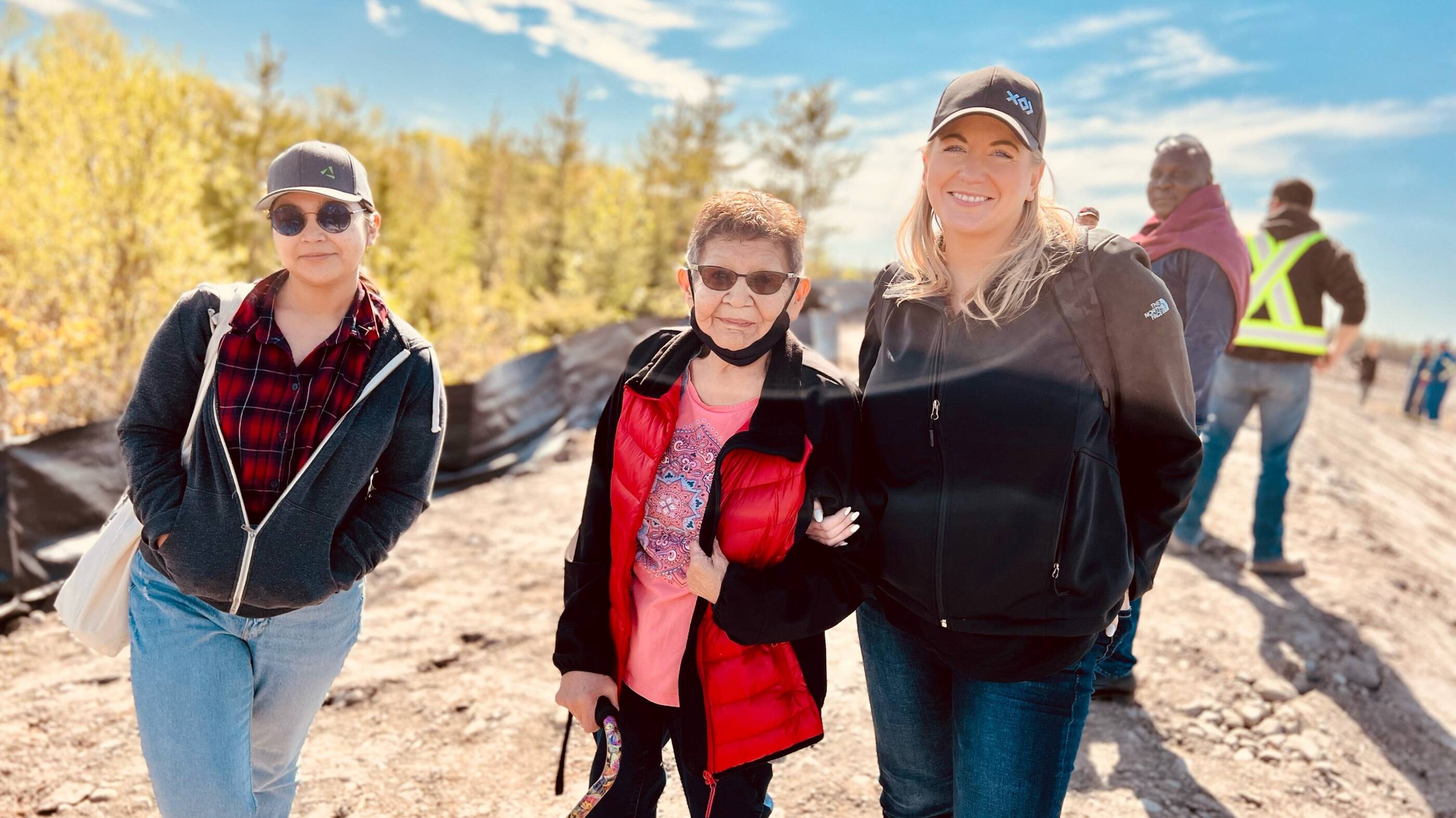selected item
Business development
Indigenous leaders and communities have repeatedly told us that one of the most meaningful contributions our company can make on the journey of reconciliation is to grow healthy partnerships with Indigenous businesses.
Over the last 20 years, Imperial has listened to and learned from Indigenous communities to better understand needs, expectations, motivations and limitations as we built a business development model that is mutually beneficial to communities and our company.
In 2022, that effort resulted in the highest total Indigenous spend in our history ($761 M). A significant share of our overall procurement of materials and services supporting our Kearl oil sands operation in Alberta was with Indigenous suppliers.
We recognize that success is far more than the dollars spent, it’s also about the business relationships and the capacity we build and grow with Indigenous companies and communities over time. We are continuously working to diversify and expand the scope of our business development opportunities with Indigenous-owned companies from across Canada, guided by clear principles. Imperial fosters the development of Indigenous businesses in ways that benefit the company and the community by:
- Developing Indigenous content plans that address employment and business opportunities for Indigenous Peoples and including this content as a factor in evaluating and awarding contracts.
- Supporting the growth and development of Indigenous business through capacity building and shared learning.
- Using Indigenous suppliers of goods and services that are competitive and meet Imperial’s safety, technical and quality standards and timing needs.
- Providing information and training on Imperial’s procurement processes, safety standards and expectations of business conduct.

Innovative Tlegothi JV supports Norman Wells progressive reclamation
From the very early days of development and start-up of Imperial’s Norman Wells facilities, located along the Mackenzie River in the Northwest Territories, local Indigenous communities have been integral to the company’s operations.
As we begin progressive reclamation activities at the more-than-100-year-old facility, we are focused on engaging Indigenous communities in these ongoing efforts. For the last several years, Imperial has worked with Sahtu communities to support the establishment of a joint venture designed to collaborate with local Indigenous peoples in the work required to support Norman Wells reclamation work.
The Tlegothi Joint Venture (the JV) is a company made up of the Deline, Tulita, Fort Norman Metis and Fort Good Hope Metis communities as well as environmental consultant, Parsons. The goal of the JV is to build capacity and expertise within the Sahtu community to support the reclamation and remediation work ahead.
Tlegothi hires local Indigenous community members to participate in a training and on-the-job skills development program designed to facilitate the role progression of workers over time from a sample preparation assistant to junior environmental technician to crew leader and finally to qualified site supervisor.
“Having Sahtu people at all levels of the organization will mean traditional values, decision-making processes and culture are valued and incorporated in the progressive reclamation program,” says Sarah McLaren, Norman Wells Strategy Lead.
Work currently underway at Norman Wells is focused on site assessment activities including ground water monitoring, soil sampling and logging as well as initial reclamation activities like revegetation and slope stabilization.
In 2022, over 50 per cent of the initial reclamation work being done in the field at Norman Wells is being conducted by Indigenous workers.
Related content

Workforce development
